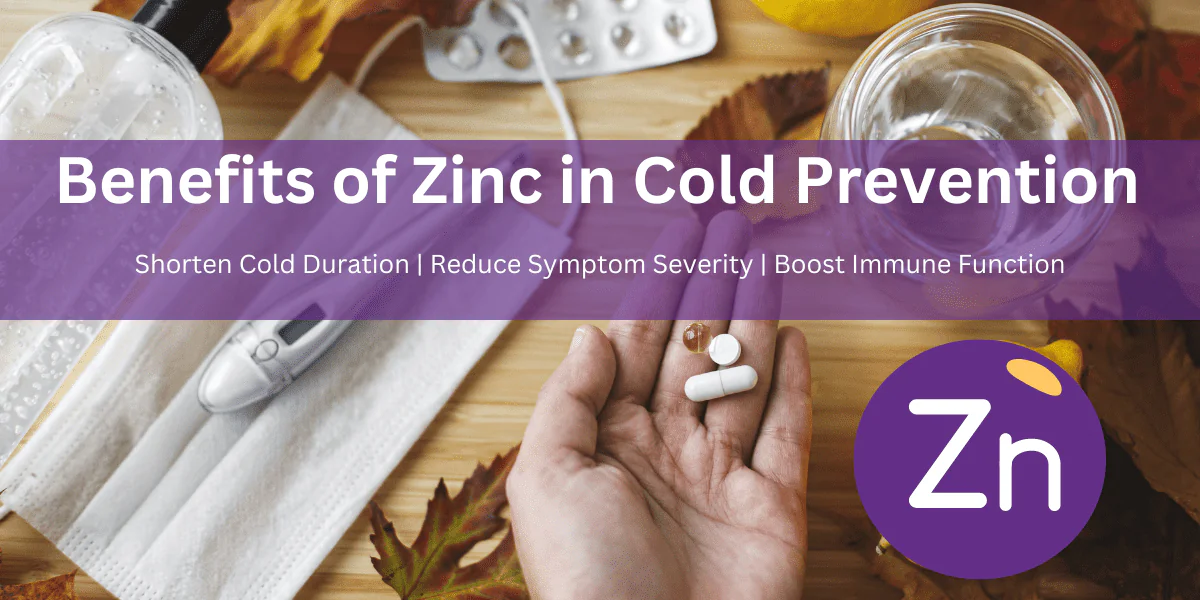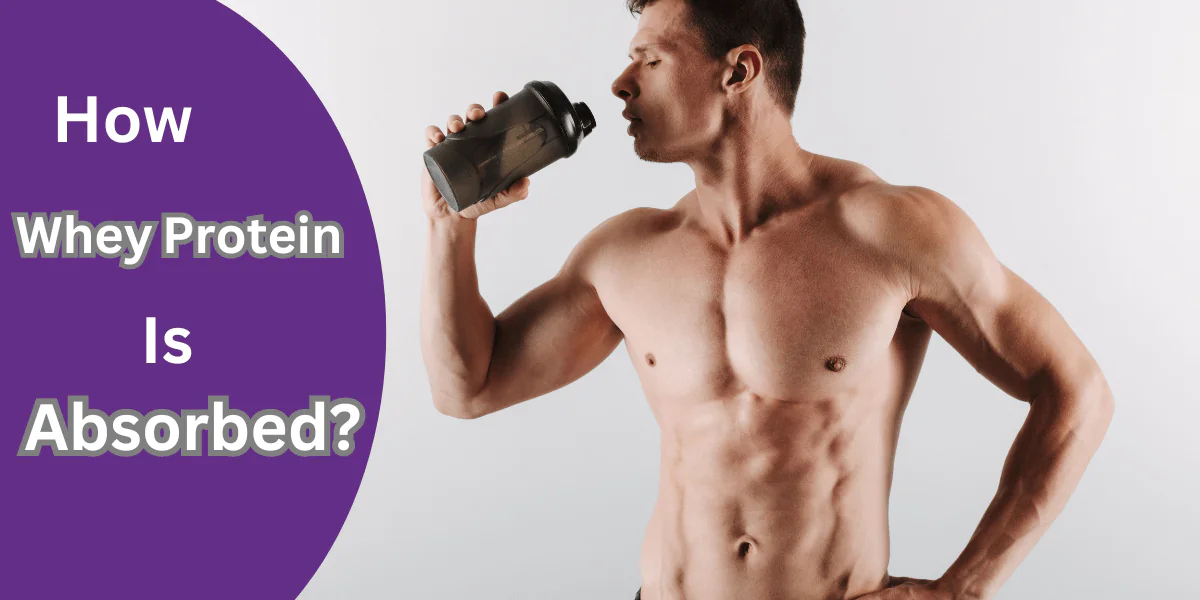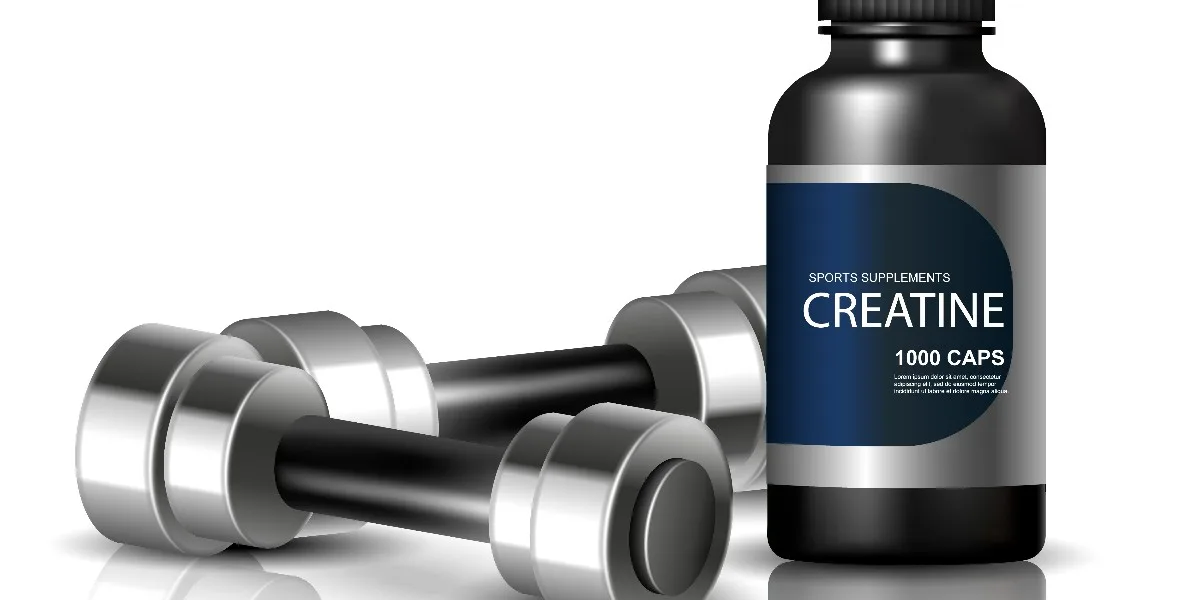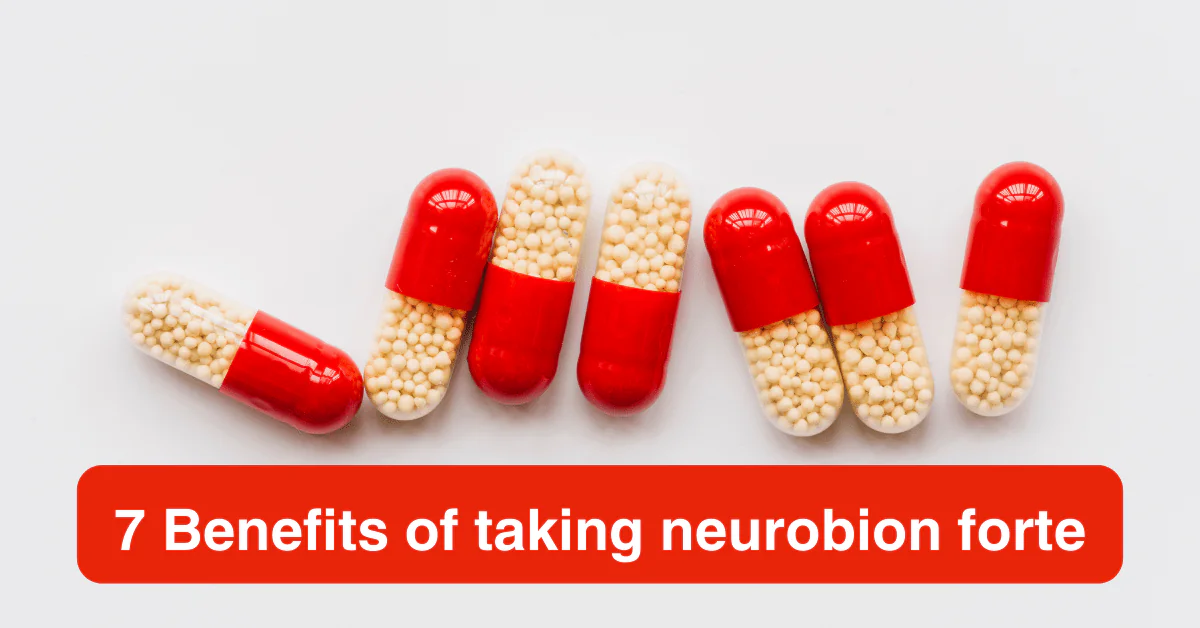Ever wondered if that scoop of whey protein you add to your smoothie is a ticket to health or a silent threat lurking in your diet? You’re not alone. With fitness enthusiasts and health gurus swearing by its benefits, whey protein has become a staple in the diet of many. But hold your horses, because everything that glitters is not gold. In this blog post, we’ll embark on a journey to uncover the truth about whey protein. Is it the health hero it’s touted to be, or is there a hidden hazard we’re overlooking? From debunking myths to uncovering scientific truths, we’re about to lay it all out on the table.
Whey Too Much Hype? Understanding Whey Protein
Whey protein, a byproduct of cheese production, is a high-quality protein source containing all nine essential amino acids. It’s lauded for its muscle-building prowess, weight loss assistance, and various health benefits. But as with any popular dietary supplement, it’s crucial to sift through the hype to uncover the real deal.
The Good: Whey to Go for Health and Fitness
First off, let’s talk about the positives. Whey protein isn’t just a fad; there’s substantial science backing its benefits.
- Muscle Building and Recovery: Whey protein is a bodybuilder’s best friend for a reason. Its high leucine content, an amino acid crucial for protein synthesis, makes it a go-to for muscle recovery and growth post-exercise.
- Weight Management: Studies have shown that whey protein can aid in weight loss by increasing satiety and boosting metabolism. A scoop here and there might just keep the snacking at bay and the metabolism ticking.
- Health Benefits Galore: Beyond the gym, whey protein contributes to health in myriad ways, from lowering blood pressure to improving blood sugar control, thanks to bioactive compounds like lactokinins.
The Bad and the Ugly: Whey Too Much of a Good Thing?
However, it’s not all sunshine and rainbows. There are concerns and side effects associated with whey protein that deserve a spotlight.
- Digestive Discomfort: For some, whey protein is a one-way ticket to bloating, gas, and stomach cramps, especially for those with lactose intolerance or dairy sensitivities.
- Potential for Unhealthy Additives: Not all whey protein is created equal. Some products are loaded with sugars, artificial sweeteners, and other additives that might undermine your health goals.
- Risk of Heavy Metal Contamination: Shockingly, some whey protein powders have been found to contain unsafe levels of heavy metals like lead, arsenic, and mercury. Always check for third-party testing and certification to avoid these risks.
The Verdict: Whey-ing the Pros and Cons
So, is whey protein killing you? The answer is a resounding no, provided you use it wisely and choose high-quality products. It’s about knowing your body, understanding your health needs, and making informed choices.
FAQs: Your Whey Questions Answered
- Q: How much whey protein is too much?
- A: Stick to the recommended serving sizes on the label, typically around 20-25 grams per serving, and don’t exceed 1.2-2.2 grams of protein per kilogram of body weight per day, combining all protein sources.
- Q: Can whey protein replace whole food sources?
- A: Nope. While whey is a convenient protein boost, it shouldn’t replace whole foods. A balanced diet rich in fruits, veggies, whole grains, and lean proteins is key.
- Q: Are plant-based proteins a good alternative?
- A: Absolutely! Plant-based proteins like pea, hemp, and rice protein are great alternatives, especially for those with dairy intolerances or ethical concerns about animal products.
In a Nutshell
Whey protein isn’t the villain it’s sometimes made out to be, nor is it a magic bullet for health. Like any supplement, it has its place in a balanced diet and should be used thoughtfully. Pay attention to your body’s responses, opt for quality over quantity, and always prioritize whole foods.
Remember, the goal is a healthier, happier you. Whether whey protein is a part of your journey or not, the best path is one that’s informed and balanced. Here’s to making choices that support your health and fitness goals, with or without that whey protein shake in hand!
Image by drobotdean on Freepik
Disclaimer : The information provided on this website/document is not a substitute for professional medical advice, diagnosis, or treatment. If you have any questions or concerns about your health, please consult with a licensed physician or other qualified healthcare provider.








